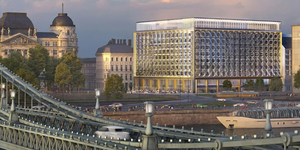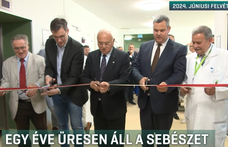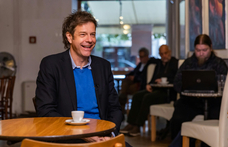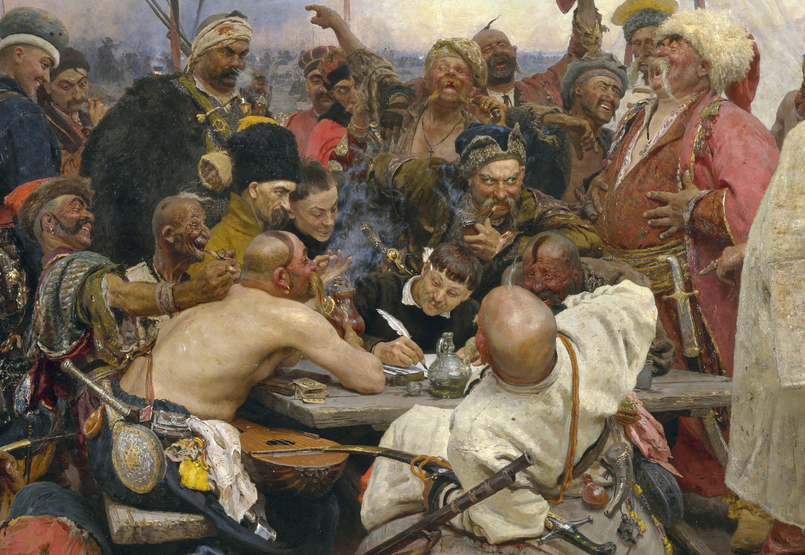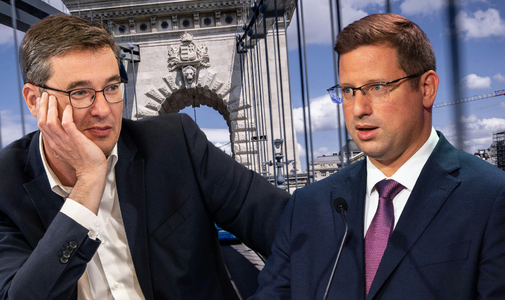The grass is greener?
After László Sólyom's inauguration, environmentalism will be represented at the very highest level in Hungary. Following in the footsteps of the 1956-er Árpád Göncz and the technocrat father of the 1989 constitution, Sólyom may help answer the question of whether the élite of 1989 really has moved on, as the prime minister claims.
"Passive, strict, taciturn," said Sólyom when asked what kind of president he in his first and thus far only press statement since his election. But we should be cautious about reading too much into the famously activist ex-constitutional court judge's words. Maybe Sólyom, who was skilled at the tactic of strategic retreat when in his previous post, simply wanted to calm the nerves of those who were worried about a statement he had earlier made to Népszabadság.
"The president has numerous powers under the constitution, particularly in times of crisis. The president can even dissolve parliament. If he gets bored of parliamentary squabbling, then he can propose his own legislation, even a higher education law," he said at the time.
Árpád Göncz acted as a constitutional counterweight to the government at the beginning of his term (1990-2000), although he later became a proponent of solidarity and conflict-avoidance. Over the past five years, Ferenc Mádl carved out a role for himself as a precise, lawyerly president who nonetheless had a care for national cohesion, a concern which extended beyond the borders.
The third president, who takes office shortly after the PM's statement that the 1989 elite has run its course, will probably wish to continue both traditions. But he will presumably want to lean on another tradition of the pre-1989 opposition, the environmentalist ideas of the 1980s. Weeks before his inauguration, on a visit to Slovakia, he announced that there would never be a dam in Nagymaros.
A non-conformist green activist is moving into the Sándor Palace. Despite his high rank and his academy membership, this middle-legal scholar has remained just as radical an intellectual as he was before 1989. Even if he did not chain himself to the walls of Roosevelt tér in 2000 to protest against "tree murders," he was nonetheless a founding member of Protect the Future, which was formed at that time. And it was Sólyom who drafted an avant-garde law which would have created a parliamentary commissioner for future generations. He also suggested that an environmental protection ombudsman be created by the 1989 constitution.




